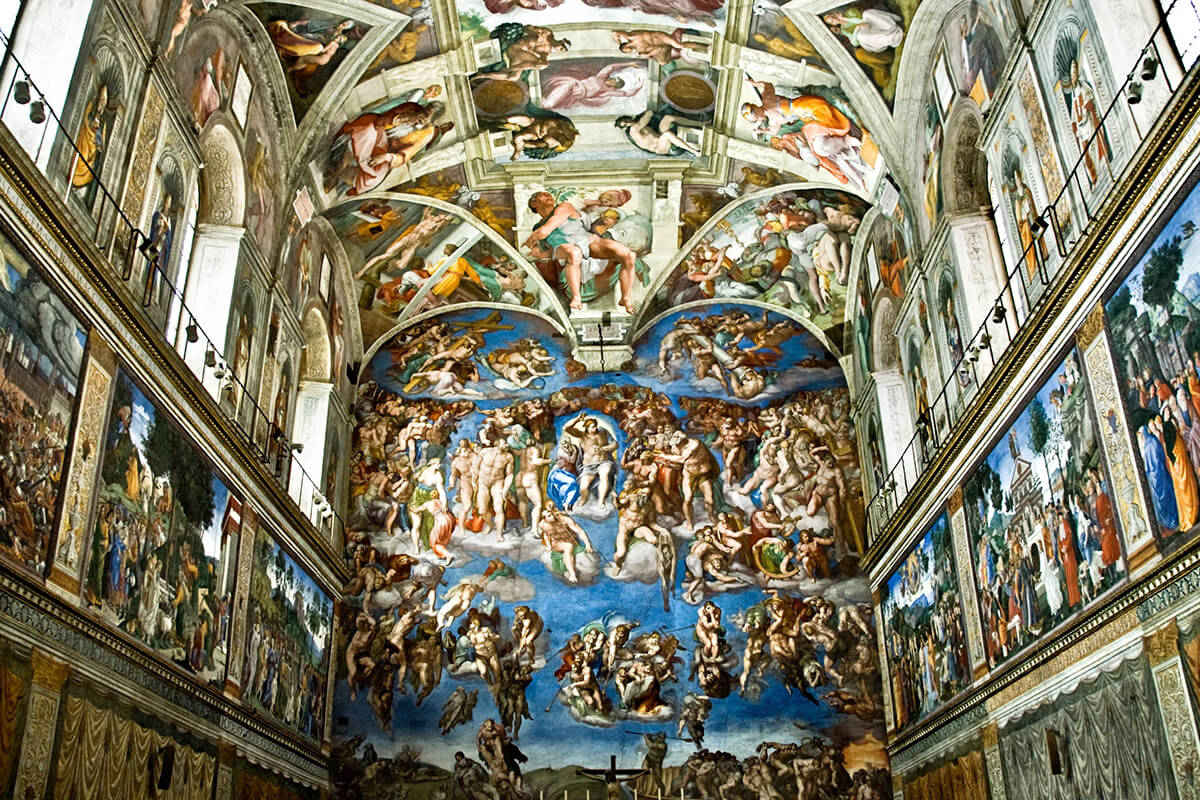Italy, with its rich history and breathtaking landscapes, is a country deeply rooted in religious tradition. Religion, particularly Catholicism, is woven into the fabric of Italian culture, influencing art, architecture, festivals, and everyday life.
Religion as a Pillar of Community
In Italy, religion is more than personal faith; it’s a cornerstone of community life. Each town and village often centers around a church, where locals gather not only for spiritual guidance but also for social events. Religious festivals serve as a bridge between the past and present, keeping traditions alive and fostering a strong sense of belonging among residents.
Iconic Religious Festivals
One of the most significant aspects of Italian culture is the celebration of religious festivals, which vary from region to region but share a common thread of devotion and joy.
Easter (Pasqua): Easter in Italy is a grand celebration marked by processions, Mass, and elaborate feasts. In cities like Rome, the Pope's Easter Mass at St. Peter’s Basilica draws visitors from around the world. Towns across Italy stage the Via Crucis (Way of the Cross) reenactments, bringing the story of the Passion to life in a deeply moving way.
Christmas (Natale): Italians celebrate Christmas with great reverence. The tradition of the Nativity scene (Presepe) originated in Italy, and you'll find intricate displays in homes and churches throughout the country. The Feast of the Immaculate Conception on December 8th kicks off the festive season with parades and lighting ceremonies.
Feast Days of Saints: Many Italian towns honor their patron saints with vibrant festivals. For example, the Feast of San Gennaro in Naples includes parades, music, and the famous miracle of the liquefaction of the saint’s blood. In Siena, the Palio horse race celebrates the Madonna di Provenzano and is one of the most famous events in Italy.
Religious Traditions in Daily Life
Beyond major festivals, religion permeates daily life in subtle yet meaningful ways. Many Italians begin their day with a prayer or visit a local chapel. Religious symbols like crosses, statues of the Virgin Mary, and images of saints are common sights in homes and public spaces. Religious education remains an integral part of the school curriculum, teaching children about Italy’s spiritual heritage.
Influence on Art, Architecture, and Culture
Italy’s religious history has inspired some of the world’s greatest art and architecture. The works of Michelangelo, Leonardo da Vinci, and countless other masters often reflect religious themes, as seen in the Vatican Museums, the Sistine Chapel, and cathedrals across the country. The Sistine Chapel, in particular, stands as one of the most remarkable artistic achievements in history, with Michelangelo’s ceiling frescoes depicting biblical stories in breathtaking detail. Visitors from all over the world travel to Vatican City to witness this masterpiece, along with St. Peter’s Basilica, a symbol of the Catholic Church’s enduring legacy.
Aside from the Vatican, Italy is home to countless chapels and churches that showcase exquisite religious artistry. The Florence Cathedral (Duomo), the Basilica of St. Francis of Assisi, and Venice’s St. Mark’s Basilica each hold unique cultural and spiritual significance, reflecting Italy’s devotion to faith and beauty.
A Living Tradition
Religion in Italy is not static; it evolves while maintaining its traditions. Modern Italians blend old customs with new ways of practicing faith. Younger generations may not attend church as regularly as their grandparents, but they still honor religious festivals and find meaning in their cultural heritage.
Experiencing Religion as a Traveler
For visitors to Italy, immersing in the country’s religious traditions offers a deeper connection to its people and history. Whether attending a local festival, visiting a historic church, or simply observing the rituals of daily life, travelers can witness the profound role religion plays in shaping Italy’s identity.
Religion in Italy is not just a matter of belief but a vibrant, living tradition that continues to define the heart and soul of this beautiful country.


